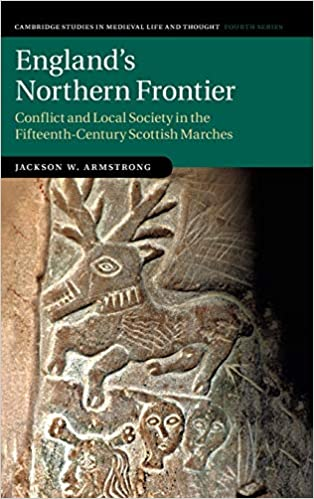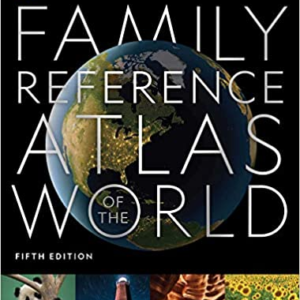England’s Northern Frontier: Conflict and Local Society in the Fifteenth-Century Scottish Marches (Cambridge Studies in Medieval Life and Thought: Fourth Series, Series Number 118) by Jackson Armstrong
HARDCOVER
[414 PAGES ]
PUB: November 12, 2020
Description
The three counties of England’s northern borderlands have long had a reputation as an exceptional and peripheral region within the medieval kingdom, preoccupied with local turbulence as a result of the proximity of a hostile frontier with Scotland. Yet, in the fifteenth century, open war was an infrequent occurrence in a region which is much better understood by historians of fourteenth-century Anglo-Scottish conflict, or of Tudor responses to the so-called ‘border reivers’. This first book-length study of England’s far north in the fifteenth century addresses conflict, kinship, lordship, law, justice, and governance in this dynamic region. It traces the norms and behaviours by which local society sought to manage conflict, arguing that common law and march law were only parts of a mixed framework which included aspects of ‘feud’ as it is understood in a wider European context. Addressing the counties of Northumberland, Cumberland and Westmorland together, Jackson W. Armstrong transcends an east-west division in the region’s historiography and challenges the prevailing understanding of conflict in late medieval England, setting the region within a wider comparative framework.
| Weight | 1.59 lbs |
|---|---|
| Dimensions | 9.02 × 5.98 × 0.94 in |
| Author | |
| Format | |
| ISBN-10 | |
| Language | |
| Publication Date | |
| Publisher |
Be the first to review “England’s Northern Frontier: Conflict and Local Society in the Fifteenth-Century Scottish Marches (Cambridge Studies in Medieval Life and Thought: Fourth Series, Series Number 118) by Jackson Armstrong”
You must be <a href="https://webdelico.com/my-account/">logged in</a> to post a review.



























There are no reviews yet.